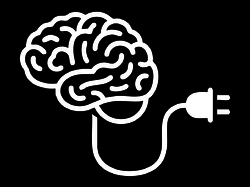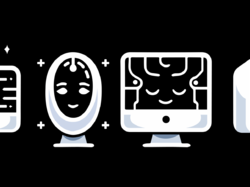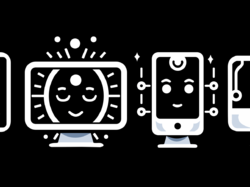Thomas Beller writes for the New Yorker about Internet Noise, a clever project that loads random pages in your browser to garbage-up your search history for advertisers or other snoopers. It’s digital camouflage for the precise moment that we’re all getting that creepy feeling we’re being watched.
“We live in a moment when our government has too little transparency and our own private lives have too much,” Beller writes. “Internet Noise is a cleaning appliance—even though it achieves cleanliness by creating an obscuring veil, a kind of digital squid ink. Internet Noise is scrubbing your traces online, removing the evidence of your real self.”
(As a secondary bonus, the service is also a reminder of just how odd and wonderful the internet is. Beller describes watching Internet Noise take his browser on a hypnotic journey through pages about anti-social birders, videos of lonely book readings, images of obscure paintings, and the details of Florida’s water aquifers.)
Alas, Internet Noise isn’t likely to be effective camouflage; it’s more an art-project protest statement. Its creator Dan Schultz tells Beller that the ad-surveillance apparatus is already too sophisticated to fall for simple tricks:
“Advertisers will know it’s a robot,” [Schultz] said. “This is a noise generator. We are talking about signal processing. Humans signal-process every second of every day. When I hear a sound, my brain is processing that sound. Noise does not affect the signal. It is around the signal. We might be annoyed by noise, but even if there is static on the radio we can still pick up the melody. We just might miss some of the subtle nuances. Same thing goes for your fingerprint online. The algorithms are able to tell.”





